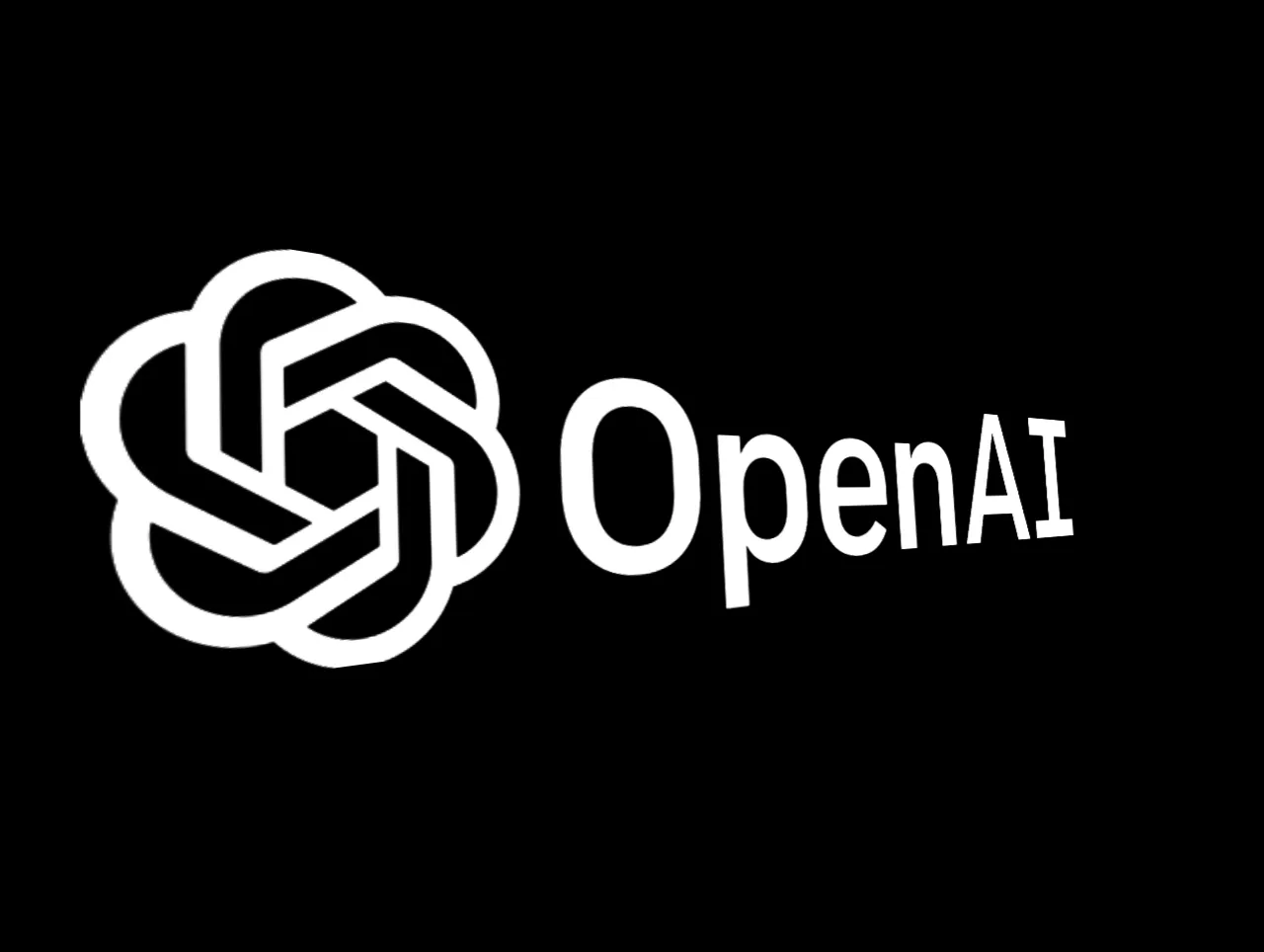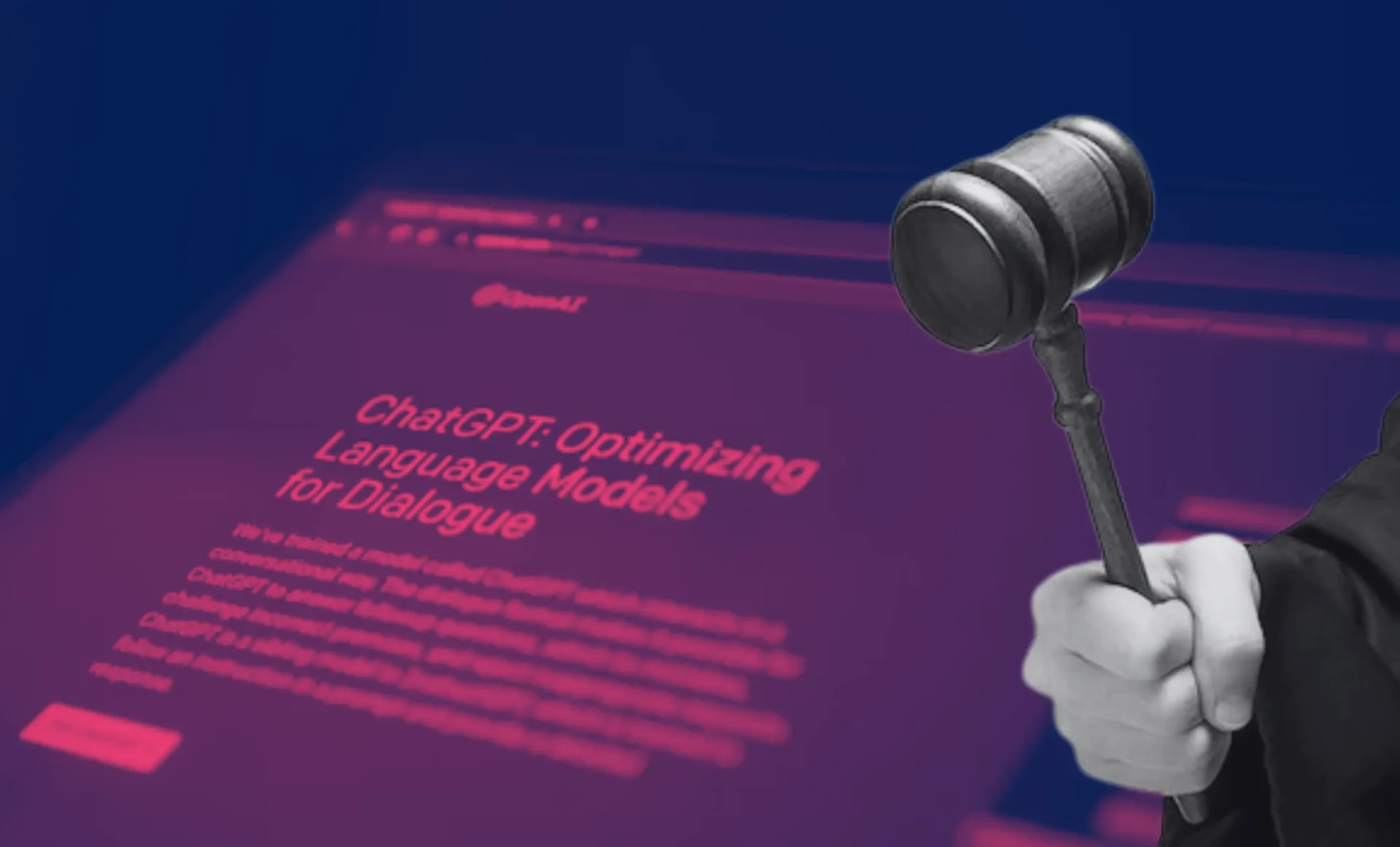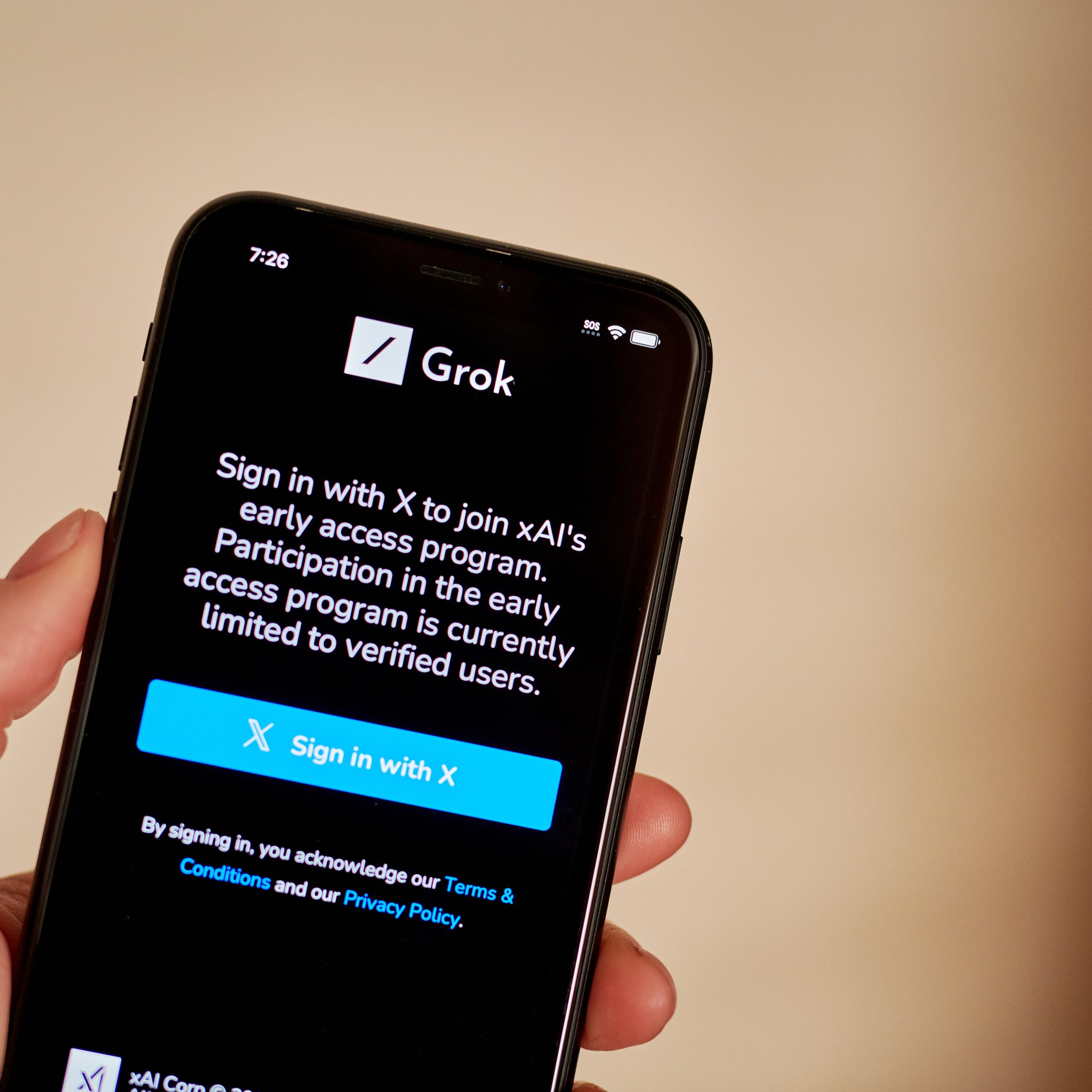OpenAI has postponed the release of its much-anticipated tool designed to detect text generated by its ChatGPT model. According to the reports, the launch has been delayed due to possible issues that may affect the user experience and the ecosystem.
The Wall Street Journal said OpenAI has been preparing to release the tool for the past year but has not done so, mainly due to risks and various issues. The choice to postpone the tool’s launch also seems to be related to the user’s input. In a poll conducted by OpenAI, they found that nearly a third of its loyal ChatGPT users might be deterred by the introduction of anti-cheating technology.
How the anti-cheating tool functions
According to the Center for Democracy and Technology, 59% of middle and high school teachers believe that students have used AI in their assignments, an increase from the previous year.
The anti-cheating tool works by embedding a watermark into the text written by an AI. Even though this watermark is invisible to the naked eye, OpenAI’s detection technology is able to pick it up. The tool provides a score that represents the probability that a given text was written by ChatGPT. This watermarking technique is said to be almost perfect, as internal documents reveal that it has a 99. 9 percent effectiveness when ChatGPT churns out a lot of content.
However, some issues have been raised concerning the tool. One major concern is that it could be disadvantageous to those who are not native English speakers. Some people are concerned that the watermarking might not be as efficient as it should be or may flag other works from authors with poor English skills as plagiarised. Additionally, critics have expressed concern that the watermark can be erased or manipulated by translating it or by inserting and deleting emojis.
Another issue is who should be allowed to use the detection tool. Limiting access may reduce the applicability of the watermarking method; however, allowing free access may render the method ineffective.
Other tech giants develop similar solutions
Although OpenAI has not yet implemented the anti-cheating tool for text, the company has already started applying watermarking for audio and video outputs. These multimedia formats have been considered by the company as priorities because AI-generated deepfakes pose higher risks than text-based content.
Other technology firms are also developing similar solutions. For instance, Google is also coming up with its own watermarking solution known as SynthID, which is still in the beta phase. However, OpenAI has prioritized audio and visual watermarking over the text since the impacts of the former are more severe and may occur during critical intervals such as election years.
This news comes as Elon Musk is back in court to sue OpenAI, accusing the company and its founders, Sam Altman and Greg Brockman, of straying from the original goal of creating AI for the improvement of humanity.





